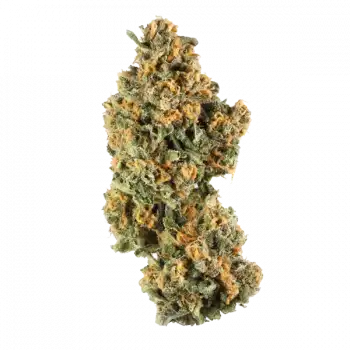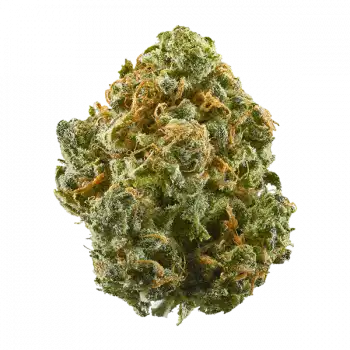After isolation from crude plant material, CBD is added to a carrier oil (usually olive or hemp seed oil) and sold as CBD oil. These oil concentrations range from just 2.5% to as much as 30%.
The ideal concentration of CBD oil depends, primarily, on the circumstances of the individual and their specific reason for wanting to use it.
HOW DOES CBD - PARTICULARLY OIL - WORK?
What makes CBD oil unique is that when it is consumed, it interacts with the human body through the endocannabinoid system (ECS).
The ECS is a regulatory network that exists in all mammalian organisms. In humans, ECS is partly responsible for maintaining homeostasis, a state of biological balance. Interestingly, it is assumed that CBD oil has an incentive effect on this equilibrium state, increasing the efficiency of the ECS as a regulatory system.
WHAT OTHER CBD PRODUCTS ARE AVAILABLE?
CBD doesn't just exist in oil format. Due to its versatility, CBD can be easily integrated into dozens of product types, including:
· Capsules
· Cosmetics
· Medicinal creams
· Liposomal oils
Again, the right CBD product for each individual depends on their individual circumstances. However, for most people, CBD oil is the most popular choice, as it is easy to consume, discreet, and a few drops can be enough to experience its effects.
The body of evidence supporting the wide range of potential benefits of CBD oil is growing day by day. Below is a summary of how this can affect critical human diseases.
CBD OIL AND EPILEPSY
One area where CBD and cannabis in general has shown very exciting results, is in the area of epilepsy treatment. A synthetic version of CBD has been shown to be very promising is in the treatment of epilepsy. However, studies thus far show this only applies to certain types of epileptic conditions - research is ongoing.
In 2018, the U.S. Food and Drug Administration (FDA) approved the use of Epidiolex to treat two types of severe epilepsy in children. Epidiolex is a synthetic version of CBD used to treat the following diseases:
· Lennox-Gastaut syndrome
· Dravet's syndrome
The Journal of Epilepsy Research has also conducted extensive research on how CBD and other cannabinoids change the treatment of epilepsy. Their analysis was that first class evidence is now available that the use of a synthetic CBD dietary supplement improves seizure control in patients with specific epileptic syndromes. They asserted that the era of evidence-based prescribing of cannabis products is already within our reach. However, the researchers did acknowledge that although they are already very close to convincing evidence, a number of variables (drug to drug interaction / dosing etc.) need to be examined more closely.
CBD OIL FOR PAIN
Pain is an extensive and complex mechanism. Not only are there different types of pain, but the feeling is subjective - we all feel pain differently.
In 2018, Frontiers in Pharmacology published a study outlining the effects of cannabinoids (including CBD) on pain. The study looked at the following types of pain:
· Inflammatory pain
· Chronic abdominal pain
· Neuropathic pain
· Cancer-related pain
· Rheumatic pain
By examining the cross-section of pre-clinical studies and animal experiments, the researchers identified a number of trends:
Cannabinoids act by inhibiting neurotransmitters and nerve endings as well as neural signalling pathways. Cannabinoids show a variety of activities, especially in pain.
The study concluded that whilst the evidence is already available, larger, more well-designed studies are needed to determine the appropriate dose, frequency, and combination of cannabinoids.
CBD OIL AND ANXIETY
Worry affects everyone at some point in their lives. But for the millions worldwide for whom it manifests as an anxiety disorder, it can be both frightening and debilitating.
In 2015, the Journal of the American Society for Experimental Neurotherapeutics published a study examining the effects of cannabidiol on anxiety disorders, including:
· Generalised anxiety disorder
· Seasonal affective disorder
· Parkinson's disease
· Obsessive-compulsive disorder
· Post-traumatic stress disorder
Interestingly, the study pointed out that the effect of CBD depends on the interaction between CB1 and the 5-HT1A receptor. The former is related to the endocannabinoid system, while the latter is part of the serotonin system.
The investigation found that whilst there is an undeniable body of growing evidence, here is it needs to be better supported by an increase in large scale clinical trials. Thus, further studies are needed to determine therapeutic efficacy.
It does appear that the effect of CBD may be dose-dependent.
CBD OIL AND SLEEP
Sleep is a basic function that helps our body to regenerate and recover. In fact, research shows that 35% of adults in the developed world sleep less than seven hours a night.
Lack of restful sleep is affected by factors such as:
· Stress / anxiety
· Blue light exposure (from electronic devices)
· Unusual working hours
CBD oil cannot help with the disruptive effects of irregular working hours, but studies are examining the potential effects of the compound on psychological factors such as stress, anxiety and anxiety.
The Permanente Journal published the results of an experiment involving 103 adult patients and found that:
· 66.7% of participants experienced effects the following month
· 79.2% of participants experienced a change after taking 25 mg of CBD
CBD OIL AND NAUSEA
Nausea can take many forms, including a number of illnesses. The following often cause nausea:
· Musculoskeletal disease
· Morning sickness
· Influenza
· Chemotherapy
· Digestive / stomach or intestinal problems
One area where CBD is promising is the prevention of nausea as a side effect of chemotherapy.
Animal studies supported by the Canadian Institute for Health Research have identified a mechanism of action that affects acute and expected nausea.
Inhibition of FA, an enzyme that degrades endocannabinoids, has been shown to affect nausea. Fortunately, CBD has been shown to inhibit FAAH production, thus contributing to higher levels of endocannabinoids and less nausea.
CBD OIL AND CARDIOVASCULAR DISEASES
Cardiovascular disease, also known as (CVD), is used to describe diseases that affect the heart or blood vessels. Common causes of CVD include:
· High cholesterol levels
· Hypertension
· Smoking
· Diabetes
· Sedentary lifestyle
· Obesity
The potential antioxidant and anti-inflammatory properties of CBD may support the treatment of cardiovascular diseases such as stroke, angina, or heart attack.
In 2017, the Journal of Clinical Investigation found that CBD affected blood pressure in healthy volunteers compared with placebo. High blood pressure (hypertension) is a significant risk factor for cardiovascular disease.
CBD OIL TO TREAT ADDICTIONS
Addiction is a complex physical and emotional state that manifests itself in a variety of ways. While some addictions cause only mild symptoms, others significantly affect a person’s quality of life.
Some general examples of common addictions:
· Smoking
· Alcohol
· Drugs
· Gambling
Researchers have used a small sample of smokers to explore the effects of CBD on addiction. Compared to placebo, 40% of participants preferred the CBD inhaler. Similar results were obtained for alcoholism. The Journal of Pharmacology Biochemistry and Behaviour published a study showing an interaction between CBD gel and alcohol-induced neuro-degeneration in rodents. The potential impact of CBD on other addictions is an exciting and emerging field of research that is still ongoing.
In addition, researchers believe that cannabinoids have the potential to reduce the effects of withdrawal symptoms in multiple dependencies, too.
Although the effects of CBD oil on the brain are still not fully understood, several studies have identified possible mechanisms. This list is not exhaustive, but outlines some of the ways in which CBD oil can affect key neurological processes:
· It modulates the rewarding effects of drugs
· It disrupts CB1 receptors in certain regions of the brain
· It affects the damage associated with neurodegeneration
· Has moderate affinity for 5-HT1A receptors, mimicking the effects of serotonin
· Evidence suggests that CBD has interesting and useful potential beyond just affecting cannabinoid receptors.
DOES CBD OIL CAUSE A HIGH?
We've already talked about the possible effects of CBD, but achieving a high isn't one of them. It is THC that has psychoactive effects, causing a high, by affecting the CB1 receptor in the brain. CBexD, on the other hand, has an indirect effect, supporting the entire endocannabinoid system - it stimulates the production of enzymes and endocannabinoids.
WHAT, IF ANY FEELINGS DOES CBD POTENTIATE?
According to Canadian researchers, CBD may minimise - rather than exacerbate - the psychotropic effects of THC. In addition, a 2018 study conducted by the World Health Organisation (WHO) stated that: CBD has no evidence of causing dependence, and thus potential for abuse. They asserted that it is generally well tolerated with a good safety profile.
WHAT, IF ANY FEELINGS DOES CBD POTENTIATE?
According to Canadian researchers, CBD may minimise - rather than exacerbate - the psychotropic effects of THC. In addition, a 2018 study conducted by the World Health Organisation (WHO) stated that: CBD has no evidence of causing dependence, and thus potential for abuse. They asserted that it is generally well tolerated with a good safety profile.
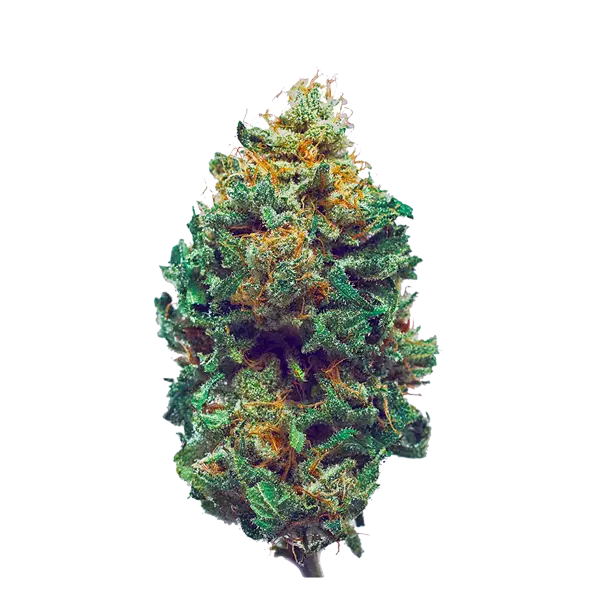
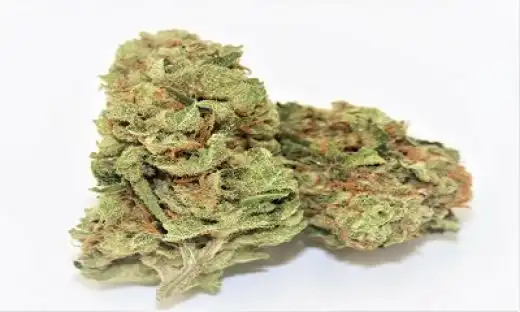
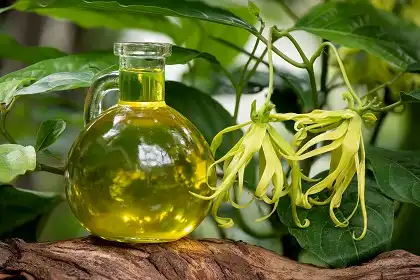
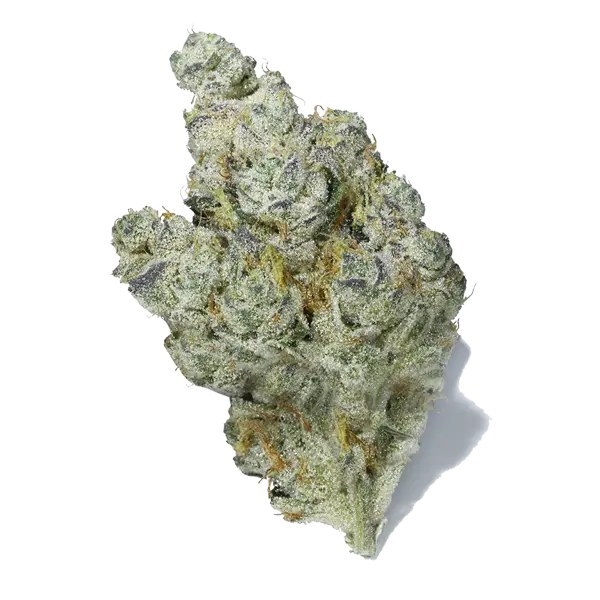
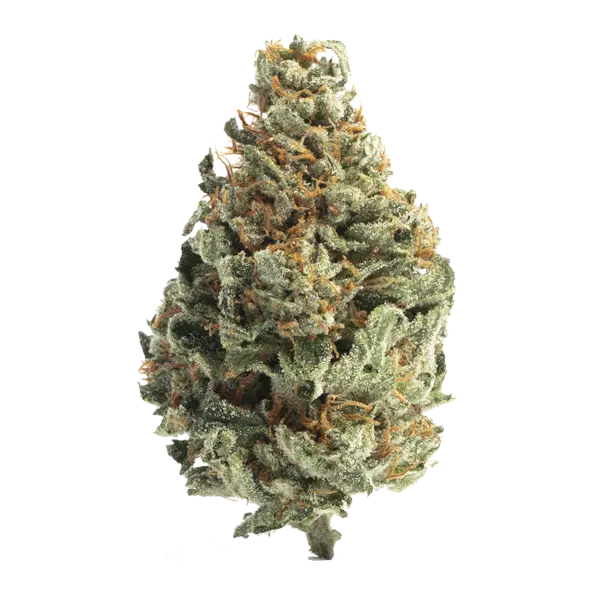
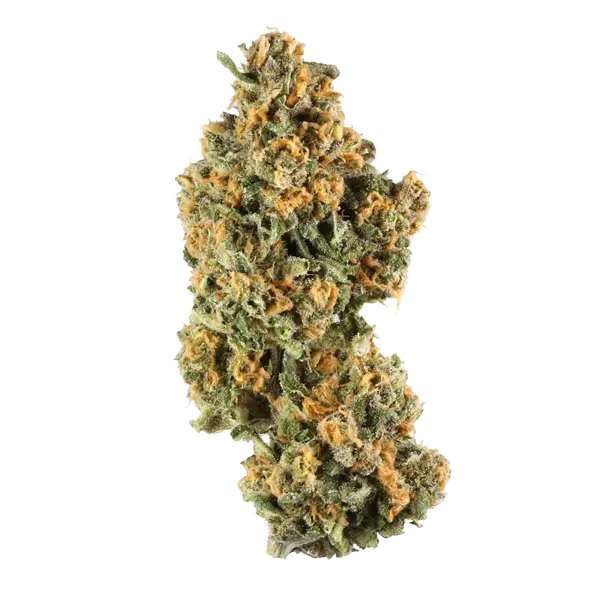
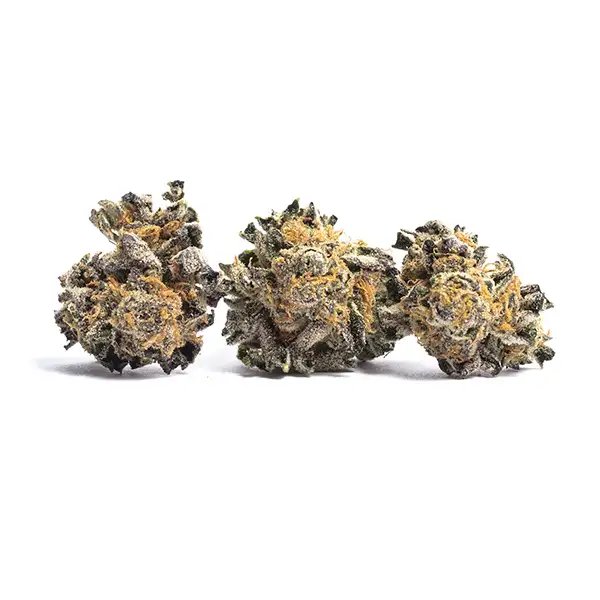
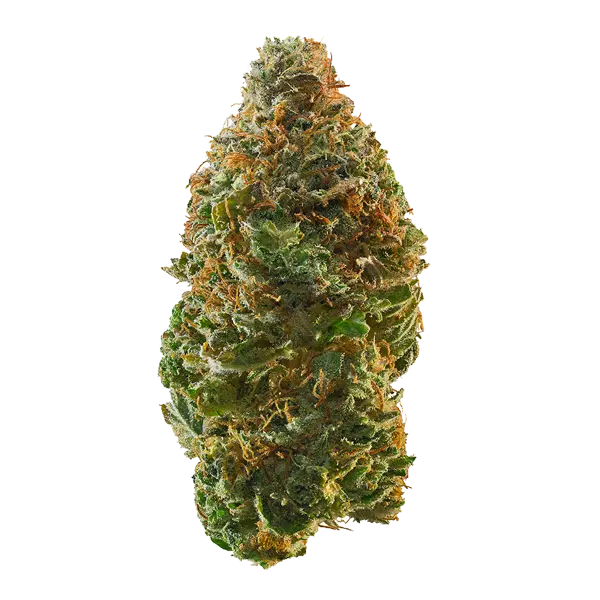
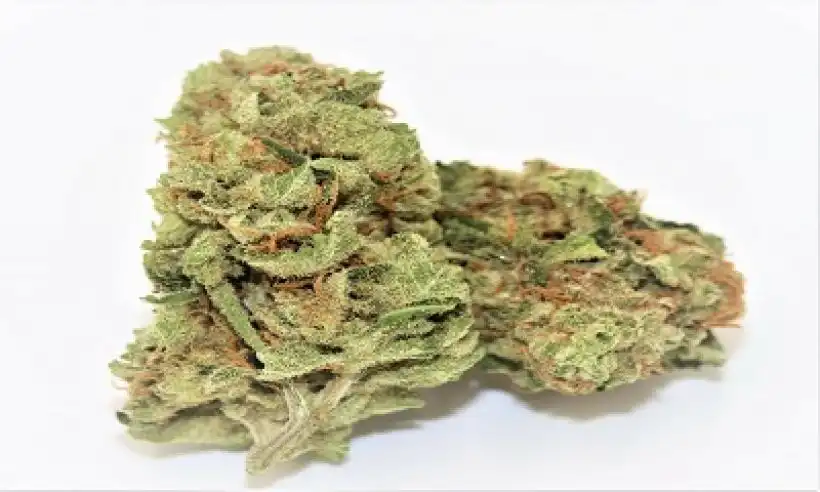
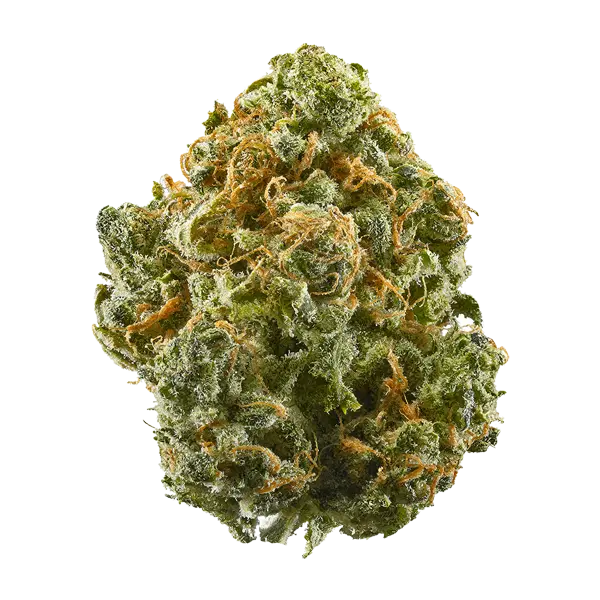
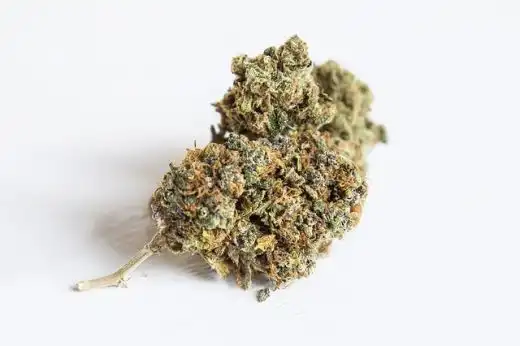
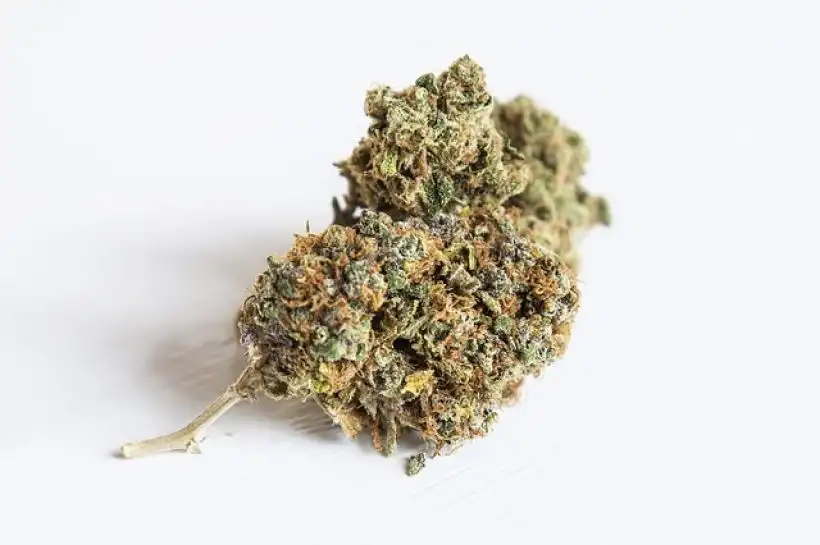
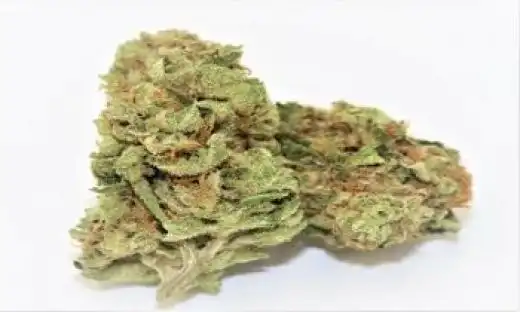
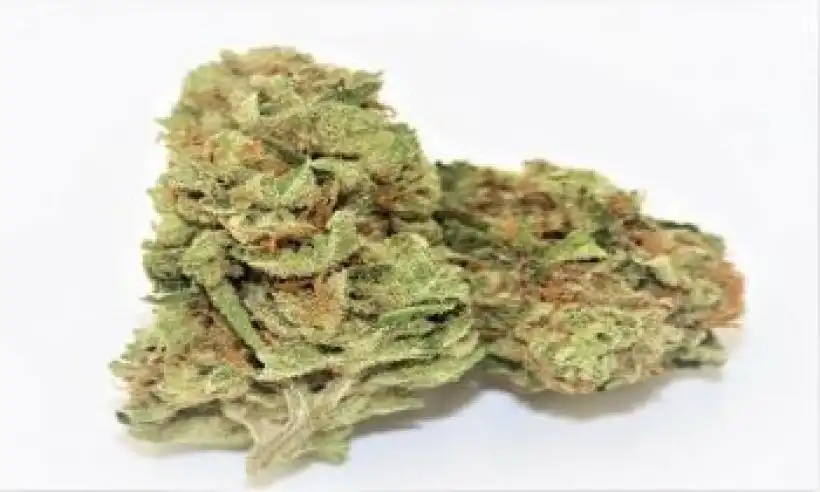
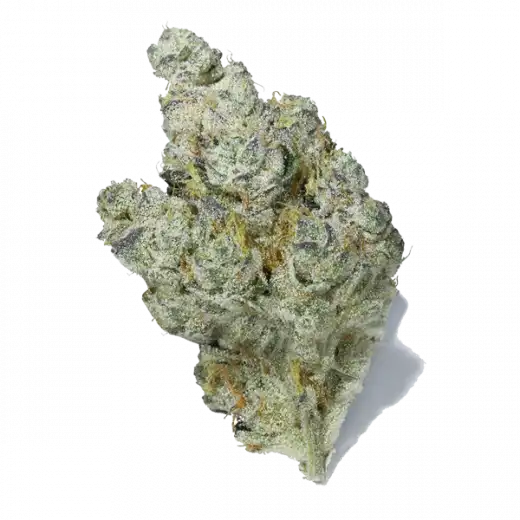

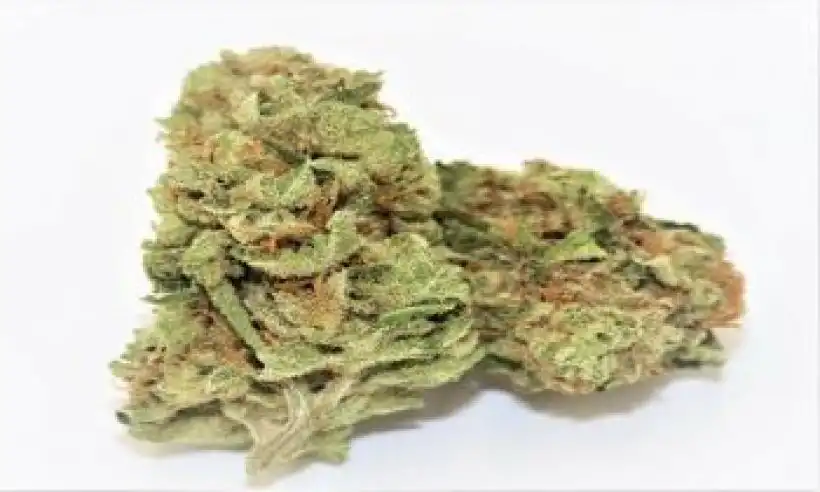
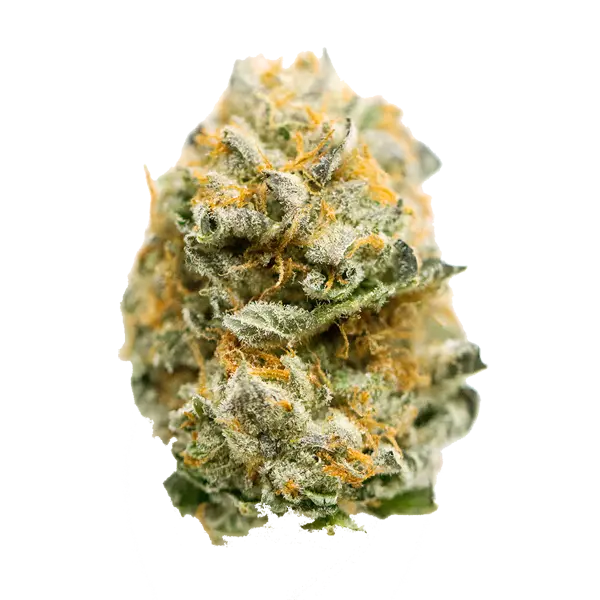
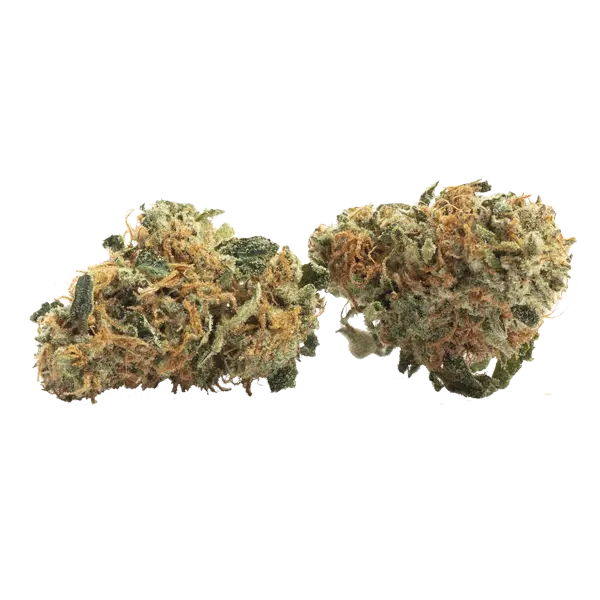
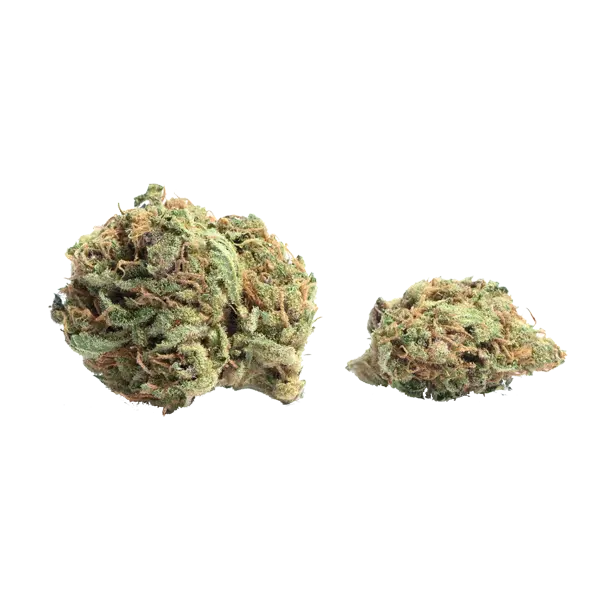
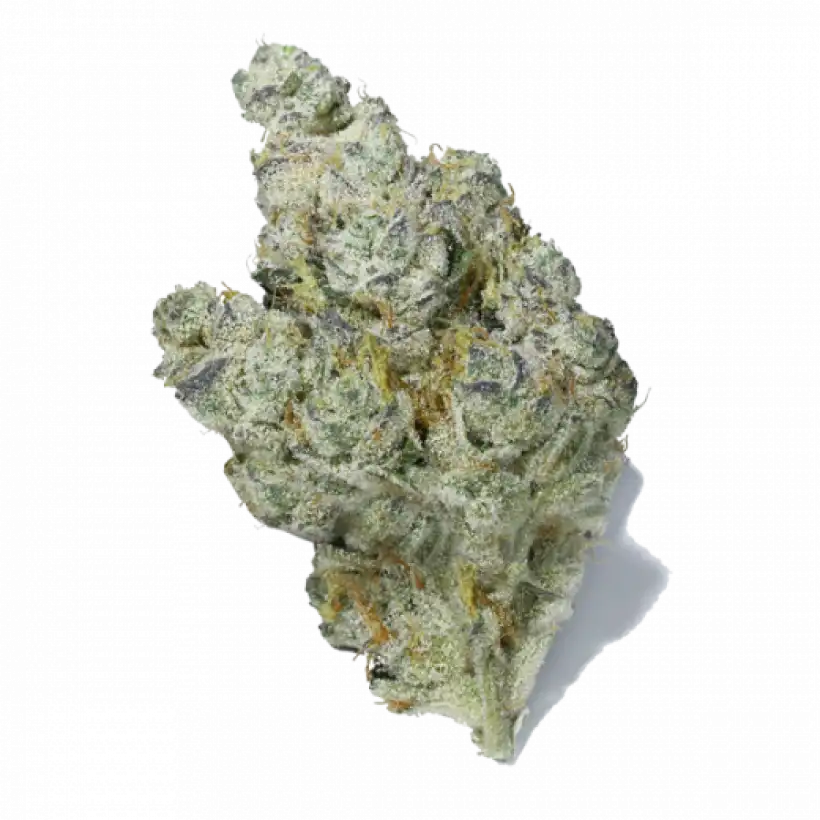

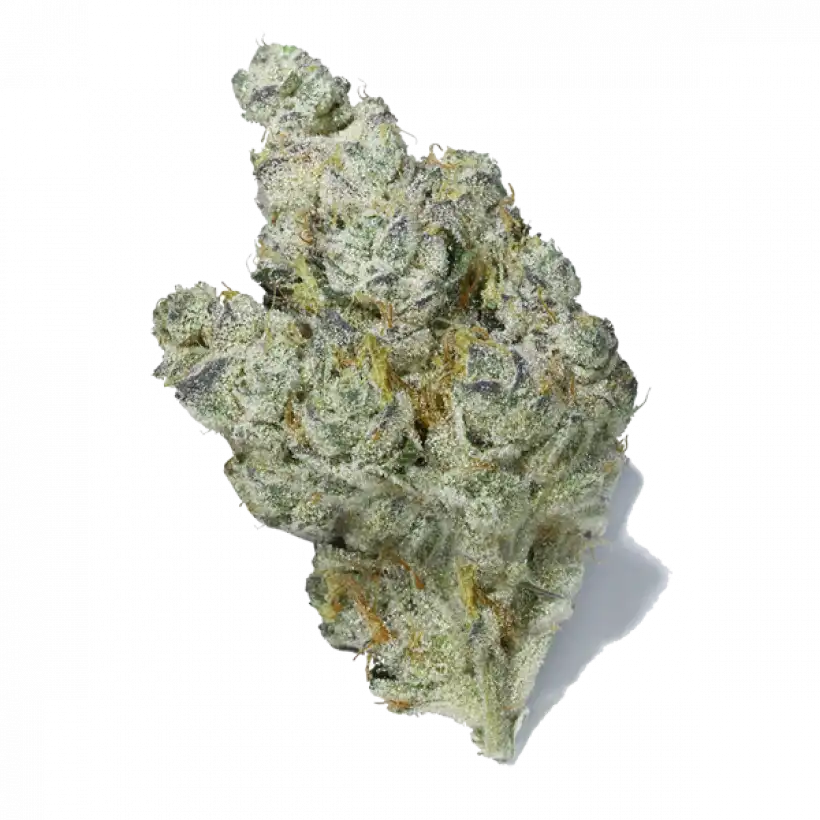
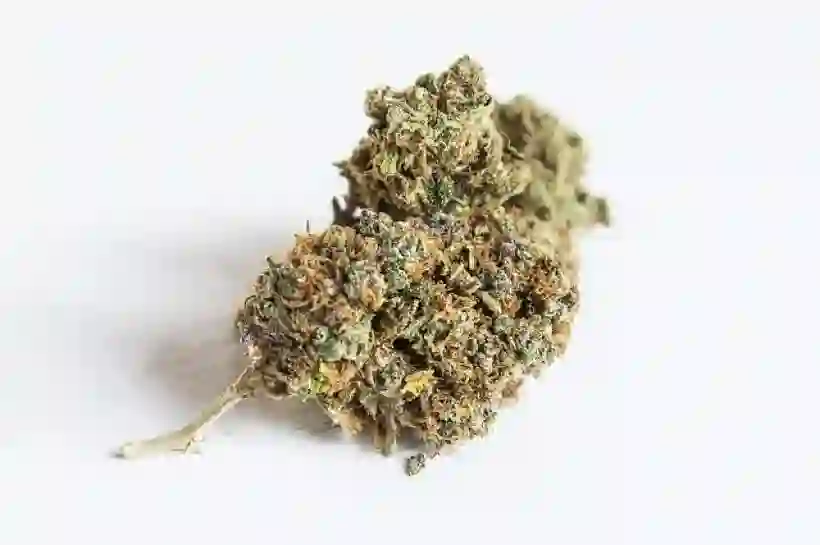
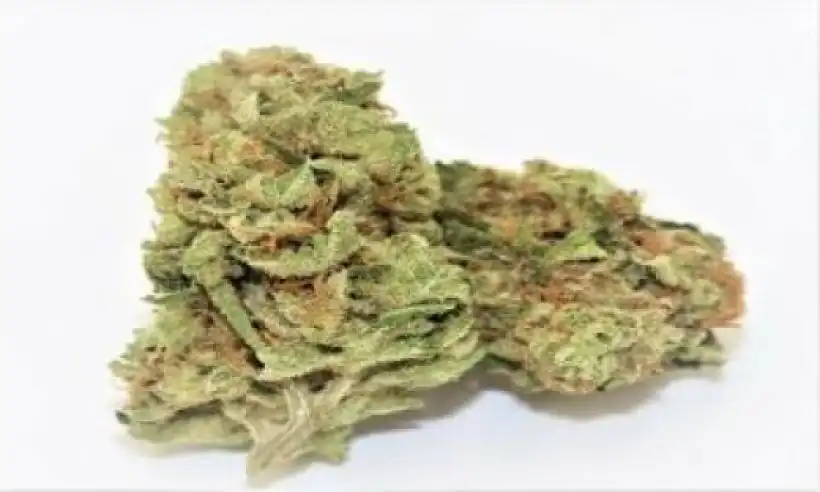
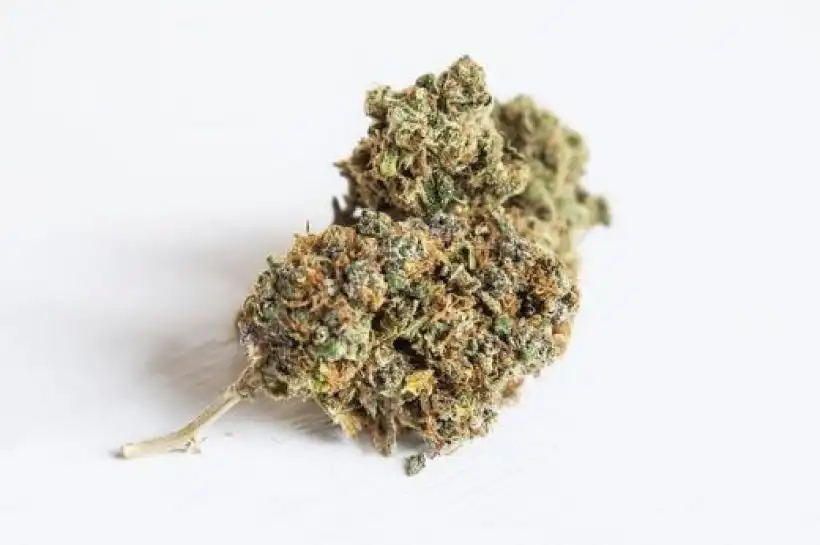

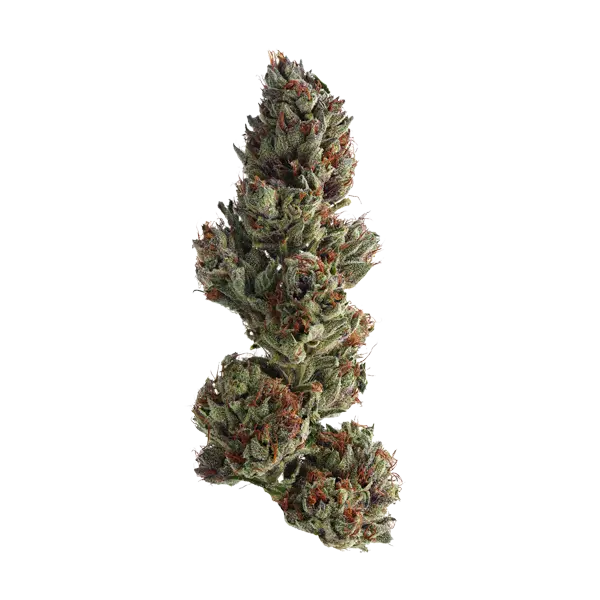
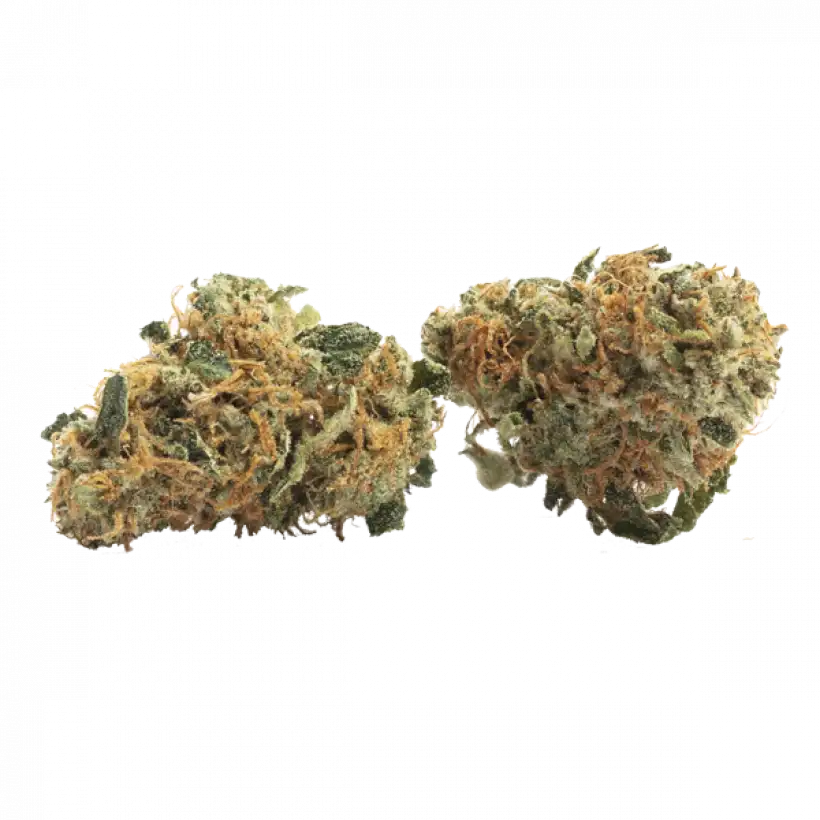
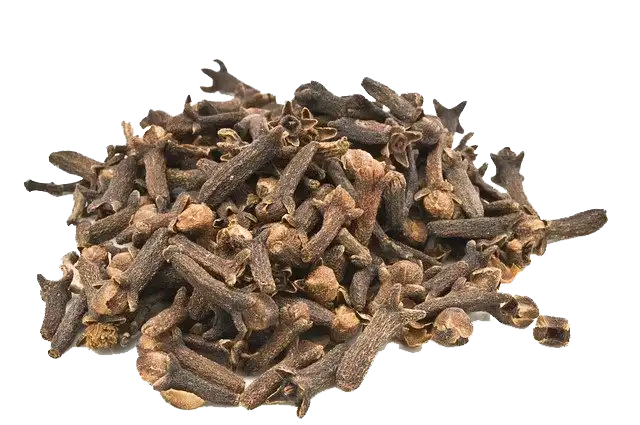
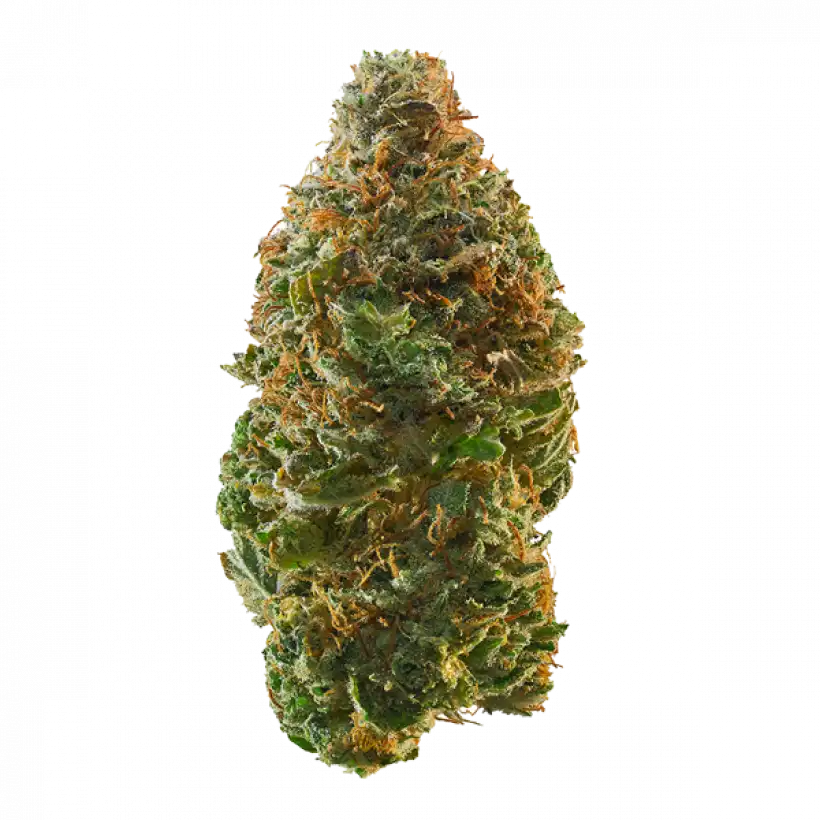


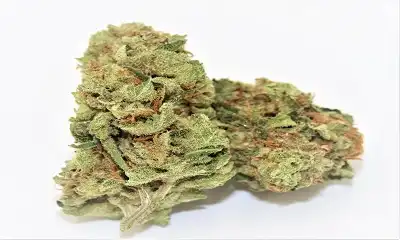
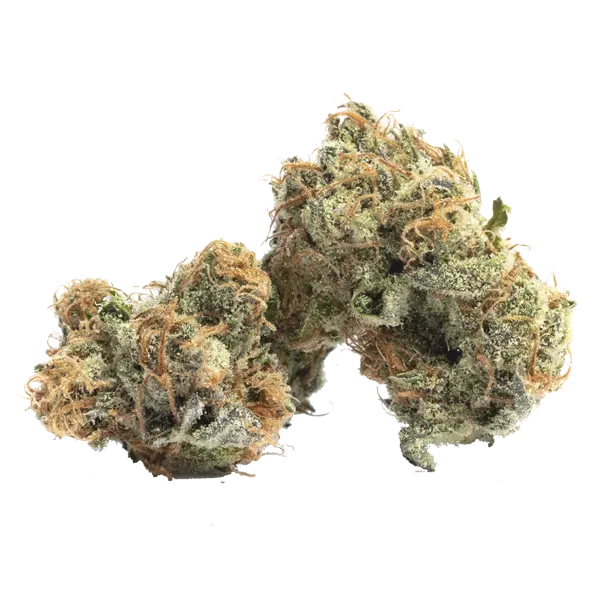
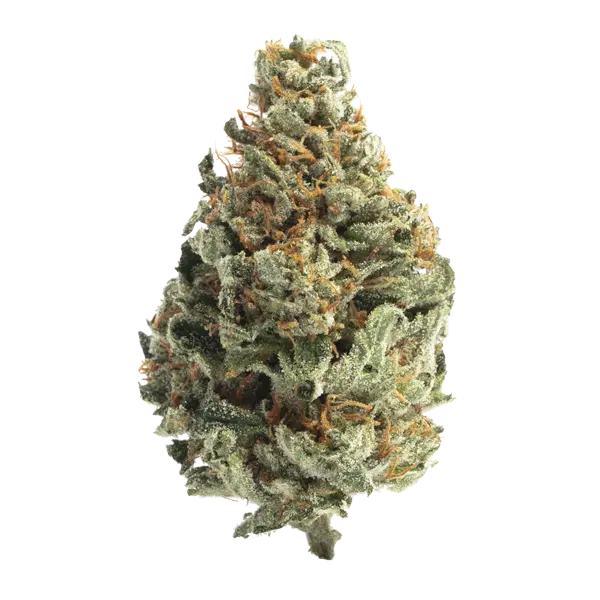
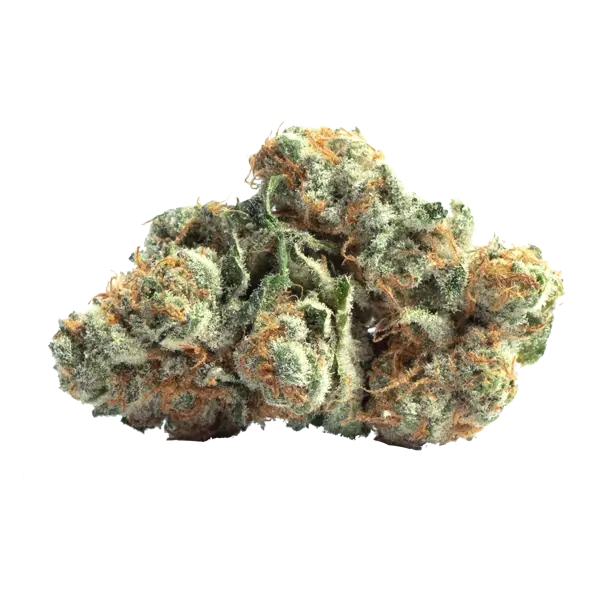
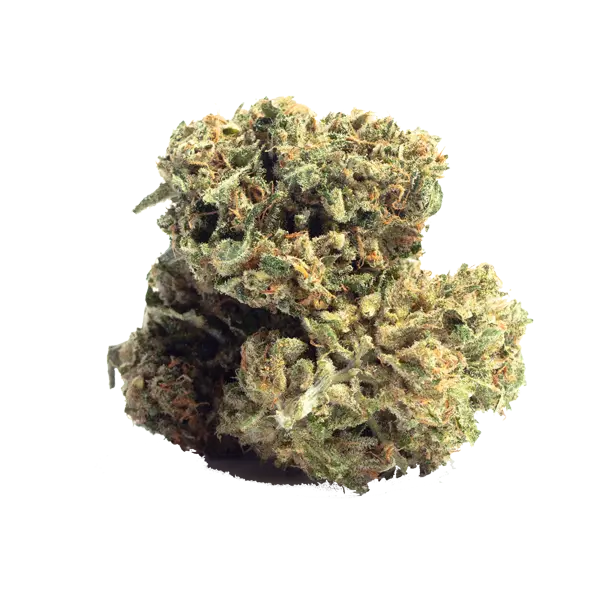
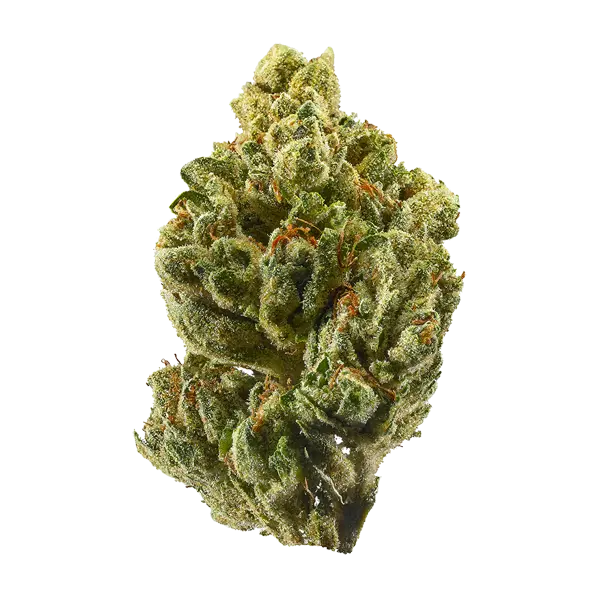
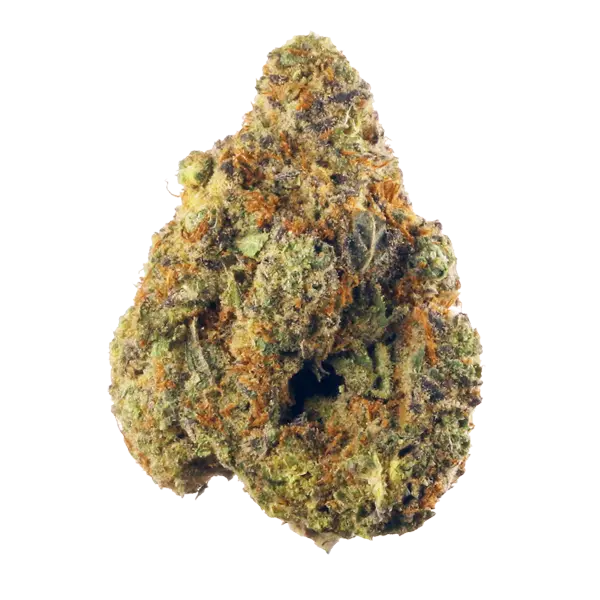
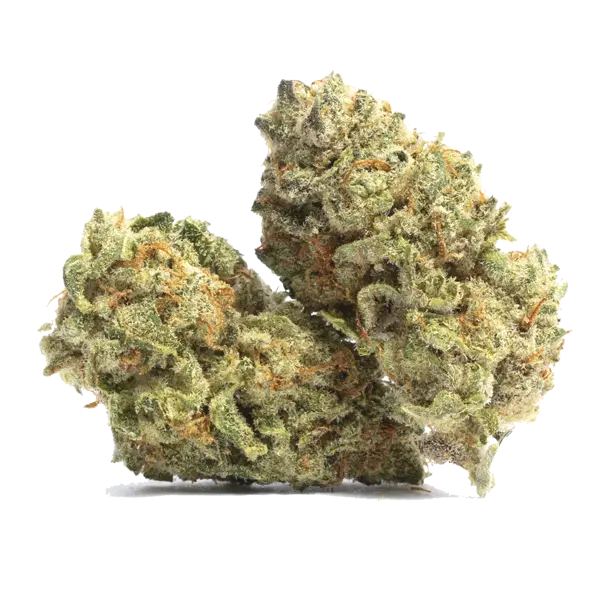
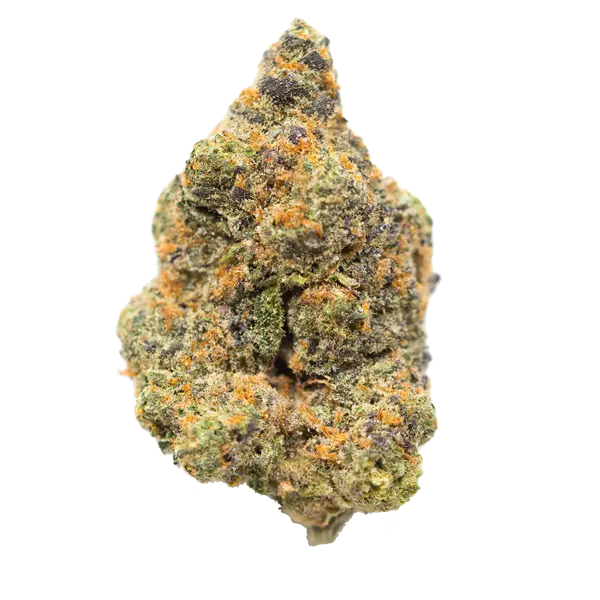
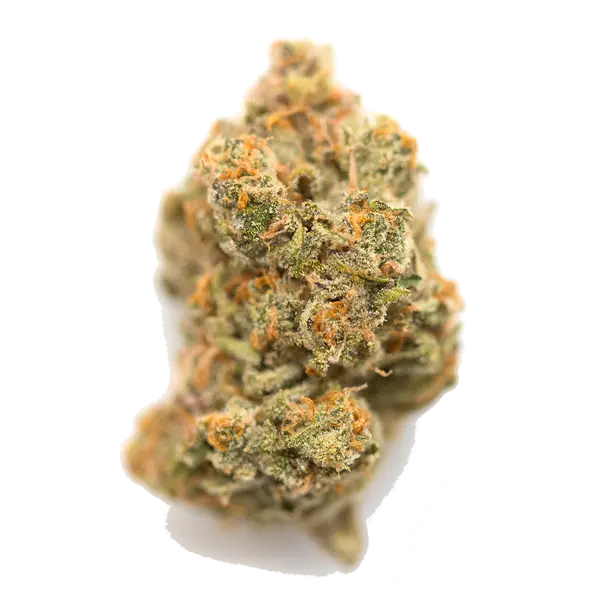
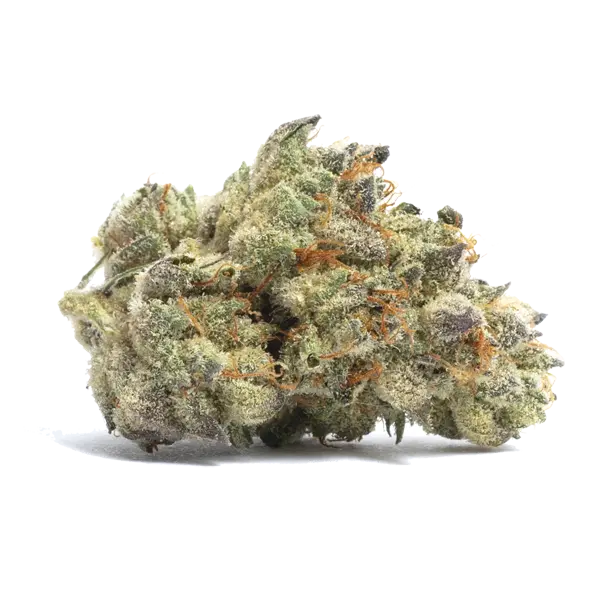
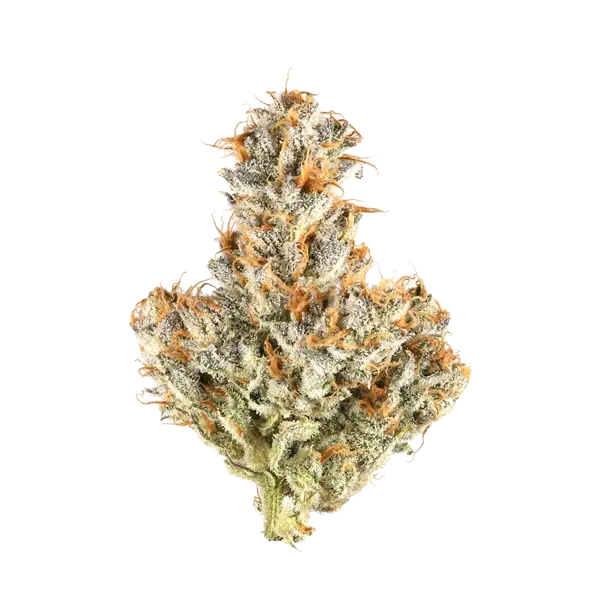
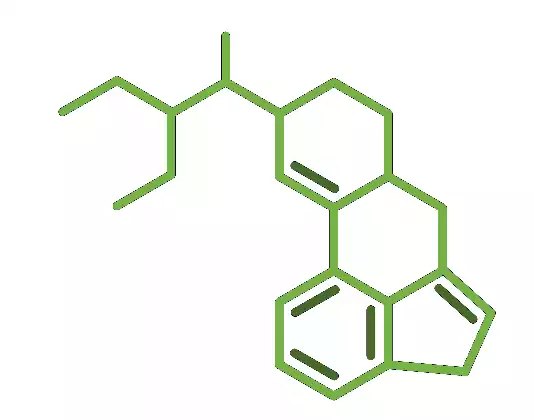

















 Useful Ways to Reset The Intensity Of Your Cannabis High
Useful Ways to Reset The Intensity Of Your Cannabis High How CBD Can Help with Insomnia
How CBD Can Help with Insomnia



